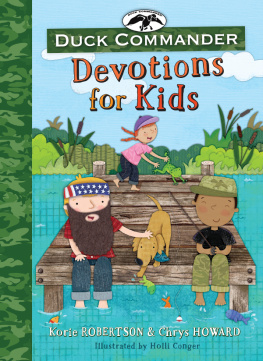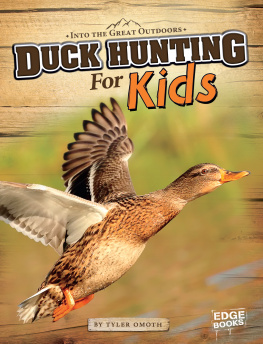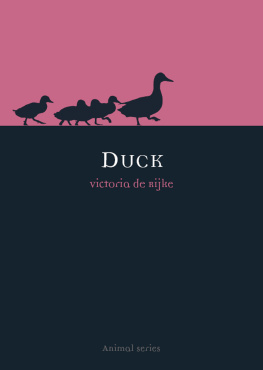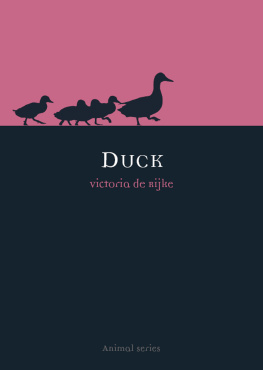


First published in 2018 by Oberon Books Ltd
521 Caledonian Road, London N7 9RH
Tel: +44 (0) 20 7607 3637 / Fax: +44 (0) 20 7607 3629
e-mail:
www.oberonbooks.com
Copyright Robert Icke, 2018
Robert Icke is hereby identified as author of this play in accordance with section 77 of the Copyright, Designs and Patents Act 1988. The author has asserted his moral rights.
All rights whatsoever in this play are strictly reserved and application for performance etc. should be made before commencement of rehearsal to Casarotto Ramsay & Associates Ltd, Waverley House, 712 Noel St, Soho, London W1F 8GQ. No performance may be given unless a licence has been obtained, and no alterations may be made in the title or the text of the play without the authors prior written consent.
You may not copy, store, distribute, transmit, reproduce or otherwise make available this publication (or any part of it) in any form, or binding or by any means (print, electronic, digital, optical, mechanical, photocopying, recording or otherwise), without the prior written permission of the publisher. Any person who does any unauthorized act in relation to this publication may be liable to criminal prosecution and civil claims for damages.
A catalogue record for this book is available from the British Library.
PB ISBN: 9781786826589
E ISBN: 9781786826572
Cover design by James Illman
Printed and bound by 4EDGE Limited, Hockley, Essex, UK.
eBook conversion by CPI Group (UK) Ltd, Croydon, CR0 4YY.
Visit www.oberonbooks.com to read more about all our books and to buy them. You will also find features, author interviews and news of any author events, and you can sign up for e-newsletters so that youre always first to hear about our new releases.
Printed on FSC accredited paper
I can take any empty space and call it a bare stage. A man walks across this empty space whilst someone else is watching him, and this is all that is needed for an act of theatre to be engaged.
Peter Brook, The Empty Space
Each partner strives to find in the other, or induces the other to become, the very embodiment of the other whose co-operation is required as a complement of the particular identity he feels compelled to sustain.
R.D. Laing, The Self and Others
Acknowledgements
My greatest debt is to the actors and creative team of the original production, whose ideas, instincts and input quite literally make the show, and to all of whom I am genuinely grateful.
This sort of work would scarcely be possible without the support and backing of its originating theatre on multiple levels, Im thankful to my whole team at the Almeida, who, five years in, are really my Almeida family and on this one, as on so many before, I owe big thanks to Rupert Goold, Lucy Pattison, Denise Wood, Emma Pritchard, Rebecca Frecknall and Stephanie Bain.
And on top of that, thanks to everyone else who read the play or watched a performance and gave suggestions or support significantly: Rachel Taylor, Helena Clark, Stephen Grosz, David Hare, Helen Lewis, Josh Higgott, Jon Sedmak, Laura Marling, Andrew Scott, Ben Naylor, Ilinca Radulian, Denzel Wesley-Sanderson and Zara Tempest-Walters.
RI, October 2018
This adaptation was commissed by and originally produced at the Almeida, where it had its first performance on 15th October, 2018.
| Cast (in alphabetical order) |
| Charles Woods | Nicholas Day |
| Hedwig Ekdal | Grace Doherty |
| Francis Ekdal | Nicholas Farrell |
| Anna Sowerby | Andrea Hall |
| Gregory Woods | Kevin Harvey |
| James Ekdal | Edward Hogg |
| Gina Ekdal | Lyndsey Marshal |
| Hedwig Ekdal | Clara Read |
| John Relling | Rick Warden |
| Creative Team |
| Direction | Robert Icke |
| Design | Bunny Christie |
| Light | Elliot Griggs |
| Sound | Tom Gibbons |
| Casting | Julia Horan CDG |
| Costume Supervision | Claire Wardroper |
| Fight Direction | Kevin McCurdy |
| Assistant Direction | Denzel Westley-Sanderson |
| Design Assistant | Verity Sadler |
| Photography | Manuel Harlan |
| Company Stage Manager | Claire Sibley |
| Deputy Stage Manager | Adam Cox |
| Assistant Stage Manager | Beth Cotton |
Contents
Characters
GREGORY WOODS
CHARLES WOODS , father of GREGORY
GINA EKDAL
HEDWIG EKDAL , her daughter, nearly 13
JAMES EKDAL , husband of GINA
FRANCIS EKDAL , father of JAMES
ANNA SOWERBY
JOHN RELLING
A note on the text
A forward slash ( / ) marks the point of interruption of overlapping dialogue.
A comma on a separate line ( , ) indicates a pause, a rest, a silence, an upbeat or a lift. Length and intensity are context dependent.
Square brackets [like this] indicates words which are part of the intention of the line but which are not spoken aloud. They are also used to indicate information that will need to be update to reflect the time of the present performance.
This text went to press before the production opened and so may differ slightly from what was performed. But lets not worry too much about that.
[ACT ONE]
Bare stage. Emptiness.
As the evening progresses, the stage will move, piece by piece, towards a kind of naturalism a subtle and unobtrusive progression towards the final image of the Ekdals home. Think of it like a photograph developing. The actors start in what feel like rehearsal clothes, and move slowly item by item into costume.
The lights are bright. As the evening progresses they will get darker and darker.
The actor playing GREGORY comes out and waits for the audience to fall silent. When they do, he switches on a handheld microphone (or just speaks to them directly if you prefer: the aim is the difference between this mode of speech and normal dialogue). When characters are speaking into a mic, their name is followed by (m) and they are speaking to the audience. Ideally, the microphones seem objective, like the truth. To start with at least.
GREGORY (m) The devices this is just a reminder [to turn them off]. Even if you think youve already done it, that feeling certain that feeling could be wrong. We dont need intrusions; the world can wait for a few hours. Anyway, its all lies.
The play has started.
Hello.
In 1884, Henrik Ibsen wrote The Wild Duck. People say they want to see the real version, true to Ibsen, but that version is in Norwegian actually, a sort of out-dated Danish-Norwegian, so even if we could do it, you very likely wouldnt understand it. We would say words you couldnt understand and ones we cant mean. And saying things you dont mean well, theres a word for that, and its lying. I mean, to tell the story like that would be a sort of lie. Going through the motions. The real thing buried somewhere underneath.








